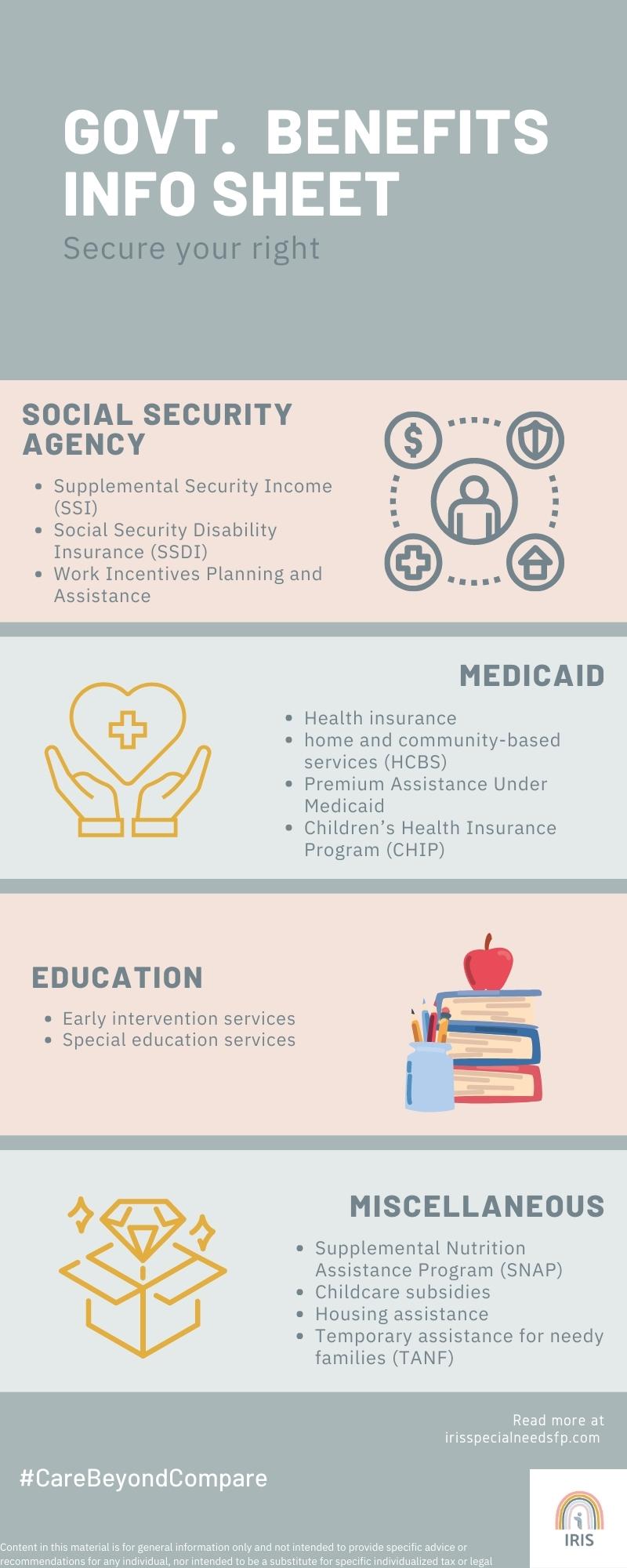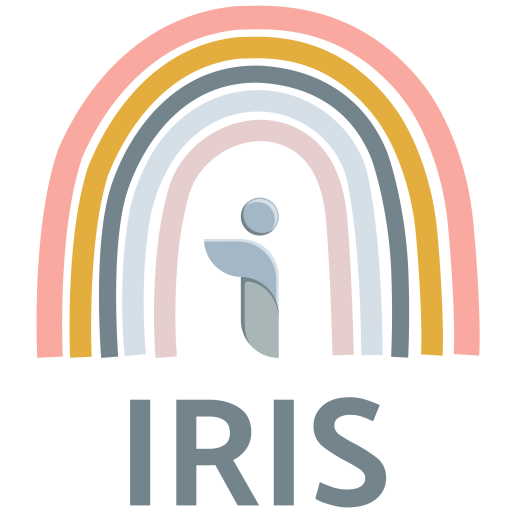
Social security agency
Social security is by far the most common and important funding channel for any individual with a disability. Social security offers two main programs depending on the situation.
Supplemental Security Income (SSI)
SSI provides monthly income for adults and children with limited income and resources and meets Social Security’s definition of disability. Before the child turns 18, SSA will consider the income and resources of family members living in the child’s house to determine the monthly payment amount. After the child turns 18 different rules apply. At this time, only the individual’s income and resources to make the disability payment determinations.
Liquid resources must be under $2,000 to qualify for SSI benefits. Resources mean cash, bank accounts, stocks, U.S. savings bonds, land, vehicles, personal property, life insurance, and anything else you own that could be converted to cash and used for food or shelter.
Social Security Disability Insurance (SSDI)
SSDI is a disability benefit income payable due to the parent’s work history and contributions to social security. Children are eligible based on their parent’s eligibility i.e. death, disability, or retirement of the parent makes children eligible to receive SSDI payment. Unlike SSI, SSDI does not have any asset/resource requirement. However, there are other requirements that must be fulfilled.
Social security agency also provides Work Incentives Planning and Assistance to beneficiaries with disabilities to receive accurate information and use that information to make a successful transition to work.
Medicaid
Federal and State governments fund the Medicaid program together. Medicaid pays for health insurance and many other home and community-based services (HCBS) for people with disabilities and their families. Eligibility rules for the Medicaid program vary across the states.
Due to the variations in eligibility criteria and services offered between states; parents and individuals should consult experts in their state’s Medicaid program. The National Association of State Directors of Developmental Disabilities Services (NASDDDS) website provides valuable information about Medicaid agency in your state.
Premium Assistance Under Medicaid and the Children’s Health Insurance Program (CHIP): If you or your children are eligible for Medicaid or CHIP and you’re eligible for health coverage from your employer, your state may have a premium assistance program that can help pay for coverage, using funds from their Medicaid or CHIP programs.
Education
Under the Individuals with Disabilities Education Act (IDEA) law, public schools are required to provide early intervention and Special Education services for free to eligible children with disabilities. However, these services offered are often defined by city/town/ school district budget rather than the child’s needs. To achieve the greatest impact, parents must get involved and advocate for the right programs. In many cases, early intervention or services have a greater positive impact on the child for the rest of their life. Do not be afraid to ask questions, form a coalition with other parents or use a professional when needed.
Other benefits/ entitlements
In most states, if you are eligible for SSI then you are automatically eligible for Medicaid and other low-income entitlement programs
Supplemental Nutrition Assistance Program (SNAP) also known as food stamps.
Housing assistance through the local public housing authority
The Low Income Home Energy Assistance Program (LIHEAP) helps keep families safe and healthy through initiatives that assist families with energy costs.
Temporary assistance for needy families (TANF) provides grants to help low-income families with children achieve economic self-sufficiency



